How do TFS and System Center work together? These appear to be from different product silos in Microsoft. For an organization trying to move into DevOps, how should responsibilities be divvied up between them?
Our ops team uses TFS RM to automate application deployments. Their scripts are source controlled in a separate TFS project where they control all their scripts and pair them to work items - including scripts not tied to a given application (e.g. AD management, etc.).
However, we are looking to roll out System Center Datacenter Edition to use the Operations Manager capability to provide monitoring across our entire environment. However, there is also a great deal of scripting, workflow, and automation processing available in some of the SC modules/solutions, including a built in ISE.
What should go in System Center and what should go in TFS? I'm not wild about the ops folks having to split their scripts, processes, and workflows between the systems. But I also don't see version control and history tracking features like TFS provides in System Center so I don't really like them moving everything to System Center. Plus, I don't see a way for TFS RM to easily pull a script out of System Center.
